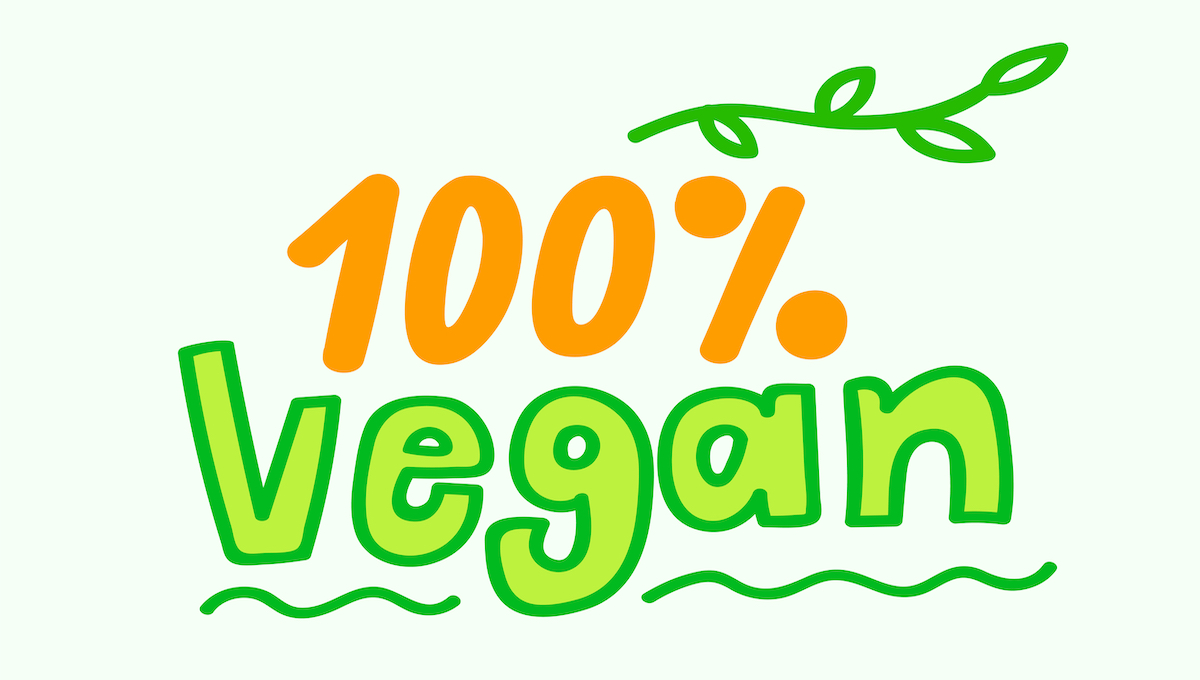Burgers, hotdogs, meatballs, jerky, sausage, chorizo, bacon and corned beef are among the products that will be defined as meat in Oklahoma on Nov. 1 when the Sooner State’s “Meat Consumer Protection Act” becomes law.
The Act prohibits sellers of plant-based foods from using “meat terms” to describe their foods without disclaimers in the “same size and prominence” as their product name that their product is plant-based.
Illinois-based Upton’s Naturals Co. and the Plant-Based Foods Association (PBFA) Wednesday sued the state of Oklahoma in federal court, seeking an injunction to prevent the labeling law from taking effect. Making Upton Naturals the top Plaintiff is a strategy as the company markets to vegans and its smart packaging labels say everything “100% Vegan.”
But come Nov. 1, it will be illegal to sell “vegan” bacon or other products that will be defined as meat without what is called the “Compelled Disclaimer” that the product is plant-based in lettering that is the same size and prominence as the product name.
The Act expressly prohibits advertising “a product as meat that is not derived from harvested production livestock.” However, it says “product packaging for plant-based items shall not be considered in violation of [the Act] so long as the packaging displays that the product is derived from plant-based sources in type that is uniform in size and prominence to the name of the product.”
“The Act would fail any level of First Amendment scrutiny,” says the court complaint. “The Act is a content-based regulation of speech.”
The plaintiffs say House Bill 3806 was “brought” to the Oklahoma Legislature by the Oklahoma Cattlemen’s Association during the last legislative session. They say “powerful meat industry lobbying groups,” asked the Legislature to make it more difficult for sellers of meat alternatives to compete with the meat industry. It prohibits the use of terms like “beef,” or “poultry” or “pork” without the “Compelled Disclaimer.”
The lead sponsor of HB 3806 was Rep. Toni Hasenbeck, R-Elgin, OK. The Oklahoma Cattlemen’s Association recognized Rep. Hasenbeck in August with its top legislative award.
Upton and the 170-member PBFA argue in the federal court filing that the Oklahoma Legislature went overboard. “The Act is more burdensome than numerous other alternatives, including but not limited to a requirement that sellers of plant-based foods use meat terms in context so as to not mislead consumers, which they are already doing,” they argue.
Under its 2019 statutes, Oklahoma already required plant-based foods to “display that the product is derived from plant-based sources,” but without requiring this display to be “uniform in size and prominence” to their product names.
In their press release, the plaintiffs say, “Oklahoma’s law has nothing to do with health and safety and everything to do with protecting the meat industry from competition. A small company like Upton’s Naturals can’t afford to change its labels to satisfy their competitors’ demands, and they shouldn’t have to because their labels are speech protected by the U.S. Constitution.”
“Oklahoma is treating safe and healthy plant-based meat alternatives like they are cigarettes,” said plaintiff attorney Milad Emam. “This new law won’t tell consumers anything they don’t already know, but it will have a devastating effect on vegan and vegetarian food companies since their perfectly honest and understandable labels will now be illegal in Oklahoma. This law, which was passed to prevent competition with the meat industry, clearly violates the First Amendment.”
Named as defendants for the state of Oklahoma are Gov. Kevin Stitt and Commissioner of Agriculture Blayne Arthur, both named in their official capacities.
Plaintiffs are represented by the Arlington, VA-based Institute for Justice, a non-profit libertarian public interest firm. They filed the suit in U.S. District Court for Western Oklahoma.
(To sign up for a free subscription to Food Safety News, click here.)

